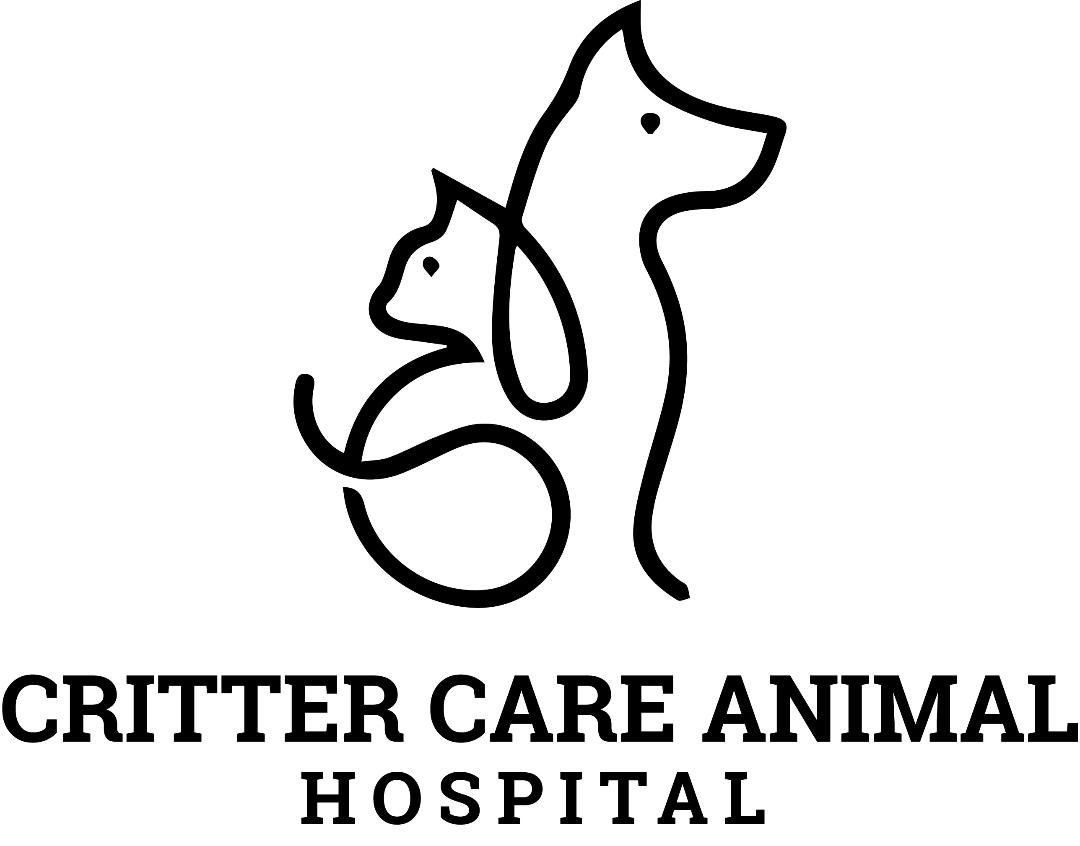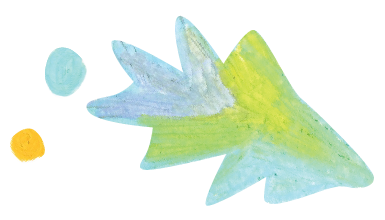Library
-
Calcium carbonate + chitosan (brand name Epakitin®) is a phosphorus binder and calcium supplement. It is used to treat high blood phosphorus levels in cats and dogs with chronic kidney disease and to treat low blood calcium levels in cats, dogs, and other species.
-
Calcium oxalate bladder stones are composed of a mineral called calcium oxalate. Cats are more likely to develop oxalate stones when their urine contains high levels of calcium and oxalate. Additionally, a low urine pH promotes the formation of oxalate stones. Bladder stones can cause significant inflammation and irritation of the bladder wall. Signs may include frequent urination, straining to urinate, blood in the urine, and urinating outside of the litterbox. Male cats especially are at risk of a life-threatening urinary obstruction. Treatment options and prognosis are discussed.
-
One of the more common uroliths in the dog is composed of calcium oxalate crystals. Current research indicates that acidic urine high in calcium, citrates, or oxalates predisposes a pet to developing calcium oxalate urinary crystals and stones. The most common signs that a dog has bladder stones are increased frequency of urination, painful urination, and blood in the urine. Male dogs are more commonly affected and may be at risk of a life-threatening urinary obstruction. Treatment options and prognosis are discussed.
-
Calcium supplements are given by mouth or injection and are used on and off label and over the counter to treat low blood calcium levers in many species. Give as directed by your veterinarian. Side effects are uncommon but may include constipation. Do not use in pets with high blood calcium. If a negative reaction occurs, please call your veterinary office.
-
Oral calcium (-carbonate, -gluconate, -lactate) is a phosphorus binder and calcium supplement. It is used to treat high blood phosphorus levels in cats, dogs, and other animals with chronic kidney disease and to treat low blood calcium levels in cats, dogs, and other species. Oral calcium comes in powder, capsule, liquid suspension, and tablet forms.
-
Calendula is given directly on the skin or by mouth and is used off label and over the counter to treat skin inflammation or gastrointestinal ulcers. Give as directed by your veterinarian. Side effects are uncommon but may include skin or stomach irritation. Do not use in pets that are allergic to it or that are pregnant. If a negative reaction occurs, please call your veterinary office.
-
Campylobacteriosis is a bacterial intestinal infection usually acquired by exposure to raw meat, poultry, or infected water, but can be spread between pets and humans. Signs of infection are watery or mucoid diarrhea with straining, possible cramping, lethargy, and fever. Testing, treatment and prevention are discussed.
-
Even though young pups may be more actively curious, dogs never stop learning. In fact, adult dogs are often easier to train than their younger canine friends. Older dogs are not as easily distracted as pups and can focus for longer periods of time. Teaching and learning new tricks can be a fun pastime for you and your dog, no matter your respective ages.
-
As befitting a dog that lived on its own, The Canaan Dog is aloof toward strangers, including strange dogs. Protective of family and a natural guardian, Canaan Dogs may bark a lot but are smart, devoted, and willing to please.
-
Pet canaries should be fed a well-balanced and varied diet at all times. Several commercially formulated pelleted diets in various colors, shapes, and sizes have been developed to meet all birds' nutritional needs. Your bird's health depends on how well it is fed.

